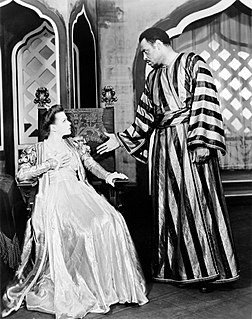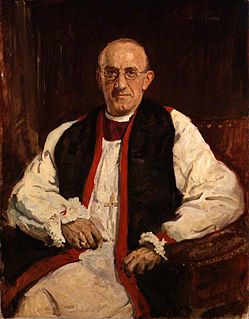A Quote by Daniel Gilbert
Happiness refers to feelings, virtue refers to actions, and those actions can cause those feelings. But not necessarily and not exclusively.
Related Quotes
What actions are the most excellent? Those, certainly, which most powerfully appeal to the great primary human affections: to those elementary feelings which subsist permanently in the race, and which are independent of time. These feelings are permanent and the same; that which interests them is permanent and the same also.
It is not the actions of others which trouble us (for those actions are controlled by their governing part), but rather it is our own judgments. Therefore remove those judgments and resolve to let go of your anger, and it will already be gone. How do you let go? By realizing that such actions are not shameful to you.
Believers are often thought of as people who have some kind of private conviction or repudiation of something, whereas "the faithful" refers to a relationship, which was also incidentally the earlier sense of "faith" in premodern, preliberal Christianity. This is not to say, incidentally, that "faith" refers simply to external behavior as opposed to internal belief but that it refers to an act.
In actions of enthusiasm, this drawback appears: but in those lower activities, which have no higher aim than to make us more comfortable and more cowardly, in actions of cunning, actions that steal and lie, actions that divorce the speculative from the practical faculty, and put a ban on reason and sentiment, there is nothing else but drawback and negation.





































